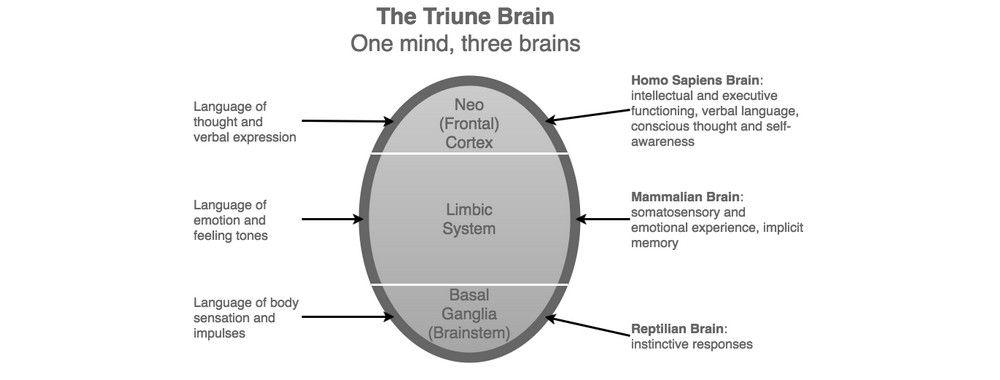Overall Global Leading Cause of Death
- Ischemic heart disease (coronary artery disease) – Still the #1 cause of death worldwide.
- Followed by: Stroke, chronic obstructive pulmonary disease (COPD), lower respiratory infections, and cancer (e.g., lung, liver, colorectal).
Breakdown by Category
By Age
| Age Group | Leading Cause(s) of Death |
|---|---|
| Infants (<1) | Neonatal conditions, birth complications, infections |
| Children (1–14) | Accidents (injuries), infections (low-income countries), cancers (e.g., leukemia) |
| Youth (15–24) | Road injuries, suicide, homicide (varies by country) |
| Adults (25–44) | Injuries (road, drug overdose), suicide, HIV/AIDS (in some countries), heart disease |
| Middle Age (45–64) | Heart disease, cancer (esp. lung, colorectal, breast), liver disease |
| Older Adults (65+) | Heart disease, stroke, cancer, Alzheimer’s disease |
By Gender/Sex
| Group | Leading Cause of Death |
|---|---|
| Cisgender Men | Heart disease, cancer (lung, liver), accidents |
| Cisgender Women | Heart disease, cancer (breast, lung), stroke |
| Transgender Individuals | Elevated risk from violence, suicide, and HIV/AIDS (especially trans women of color); limited large-scale data |
| Non-binary | Insufficient population-specific data, but risks often parallel those of trans populations or assigned sex at birth |
By Race/Ethnicity (Example: United States)
| Group | Top Causes | Unique Issues |
|---|---|---|
| White (non-Hispanic) | Heart disease, cancer, drug overdose | |
| Black or African American | Heart disease, cancer, higher stroke risk | |
| Hispanic/Latino | Heart disease, cancer, diabetes | |
| Native American | Accidents, liver disease, diabetes, suicide | |
| Asian American | Cancer (leading cause), stroke, heart disease |
Note: Disparities arise from systemic inequalities, access to care, and social determinants of health.
By Sexuality (LGBTQ+)
- Limited global data, but in many regions:
- Higher risk of suicide, mental health disorders, substance abuse, HIV/AIDS (especially among MSM and trans women).
- Discrimination and healthcare avoidance contribute to worsened outcomes.
- Common causes of death still include heart disease and cancer, with higher rates of premature death linked to stigma and healthcare disparities.
By Geographic Region
| Region | Leading Cause(s) |
|---|---|
| High-Income Countries | Heart disease, cancer, Alzheimer’s, stroke |
| Low- and Middle-Income Countries | Infectious diseases (TB, HIV), maternal mortality, stroke, heart disease |
| Africa | HIV/AIDS, malaria, lower respiratory infections |
| Asia | Stroke, heart disease, chronic lung disease |
| North America | Heart disease, cancer, drug overdose (opioid crisis) |
| Europe | Heart disease, stroke, cancer |
| Latin America | Violence (in younger adults), heart disease, diabetes |
By Profession
- Agricultural/farm workers: High injury rates, pesticide exposure, suicide
- Construction workers: Falls, injuries, exposure to toxins (e.g., asbestos)
- Healthcare workers: Infectious disease, burnout, mental health risks
- Military/first responders: Combat-related injuries, PTSD, suicide
- Office workers: Sedentary lifestyle risks (heart disease, diabetes)
Occupation-linked deaths often relate to environmental exposures, physical risks, or psychological stressors.
Conclusion:
Across almost all demographics, heart disease remains the leading cause of death, followed by cancer, stroke, and—in certain populations—accidents, suicide, or infectious diseases. However, the underlying causes (social, economic, political) differ significantly based on identity, geography, and profession.
Would you like this formatted into a chart, infographic, or specific to a country or report you’re working on?

